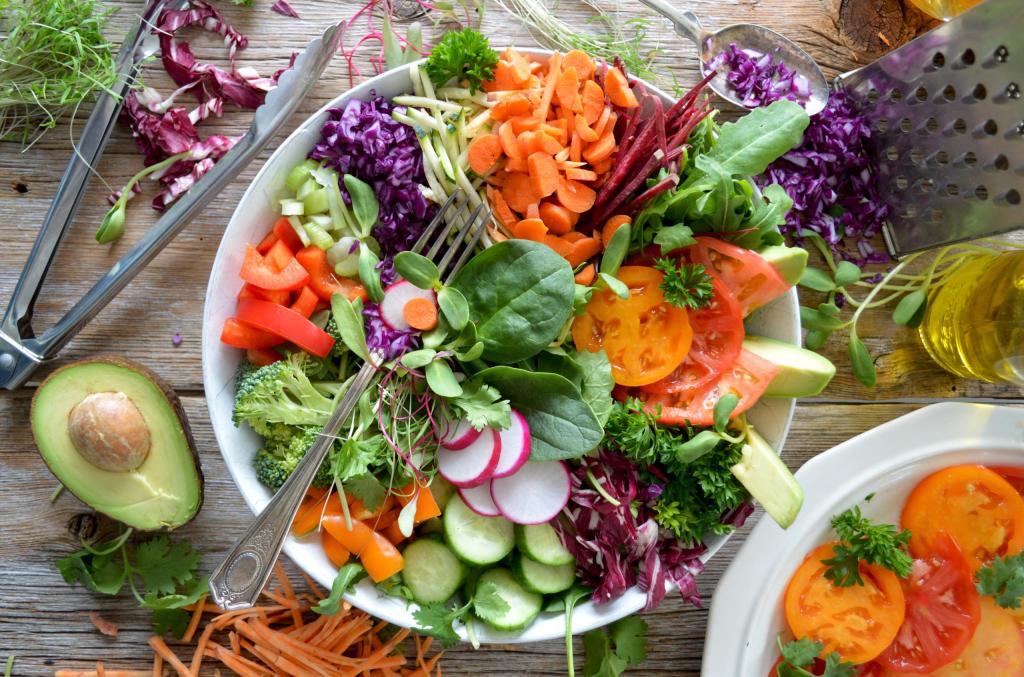
When seeking ways to enhance our mental health, we often turn to medications or psychology as integral aspects of mental health care. However, there’s an additional, often underestimated ally that we mustn’t disregard: the role of nutrition.
Sharnie Dwyer, Grace Private Dietitian is an expert in gastrointestinal and women’s health and understands the connection between the gut and mental health. She says “what we eat can significantly impact our mental well-being, influencing mood, cognition, and emotional resilience”. The Grace Private team believes in a holistic approach and we recognise the connection between nutrition and mental health, so let’s talk about the power of food on your mental well-being.
The connection between the gut and the brain can’t be denied. They are in constant communication with each other through a complex network of nerves, hormones and biochemicals. This is known as the gut-brain axis. What happens in your gut can affect your mood and vice-versa.
Women’s hormones play a pivotal role in regulating mood. Fluctuations in your hormones during your menstrual cycle and imbalance caused by conditions like PCOS are influenced by what we eat and how much we eat. Sharnie specialises in helping women achieve hormonal balance through diet and can help you make informed dietary choices that can help you stabilise blood sugar levels, manage weight and support hormonal balance, all of which may contribute to a more stable and positive mood.
There are a range of foods that impact your cognitive function and have brain-boosting qualities like omega-3 fatty acids, antioxidants and vitamins for mental clarity and focus. By optimising your dietary intake you can ensure your brain gets enough of the nutrients it needs to improve your cognitive function.
These days, stress and anxiety are common in our lives. Diet can help relieve these conditions and Sharnie can provide practical guidance on how to use nutrition to manage stress and anxiety. By incorporating stress-reducing foods and techniques into your diet to find a sense of calm and emotional resilience.

There are a range of foods that can impact your mental health and emotional well-being. Some examples include;
You can’t deny the power of food when it comes to your mental health. Dietary choices and adopting a holistic approach can greatly impact your mental health. If you’re finding it difficult to manage your diet on your own, our dietitian Sharnie has the expertise to give you the tools and nutritional advice to manage physical symptoms, while nourishing your mind and promoting emotional well-being.
Sharnie returns from maternity leave on Monday 27 November and will be available for appointments on Mondays and Fridays. Book an appointment online today!

